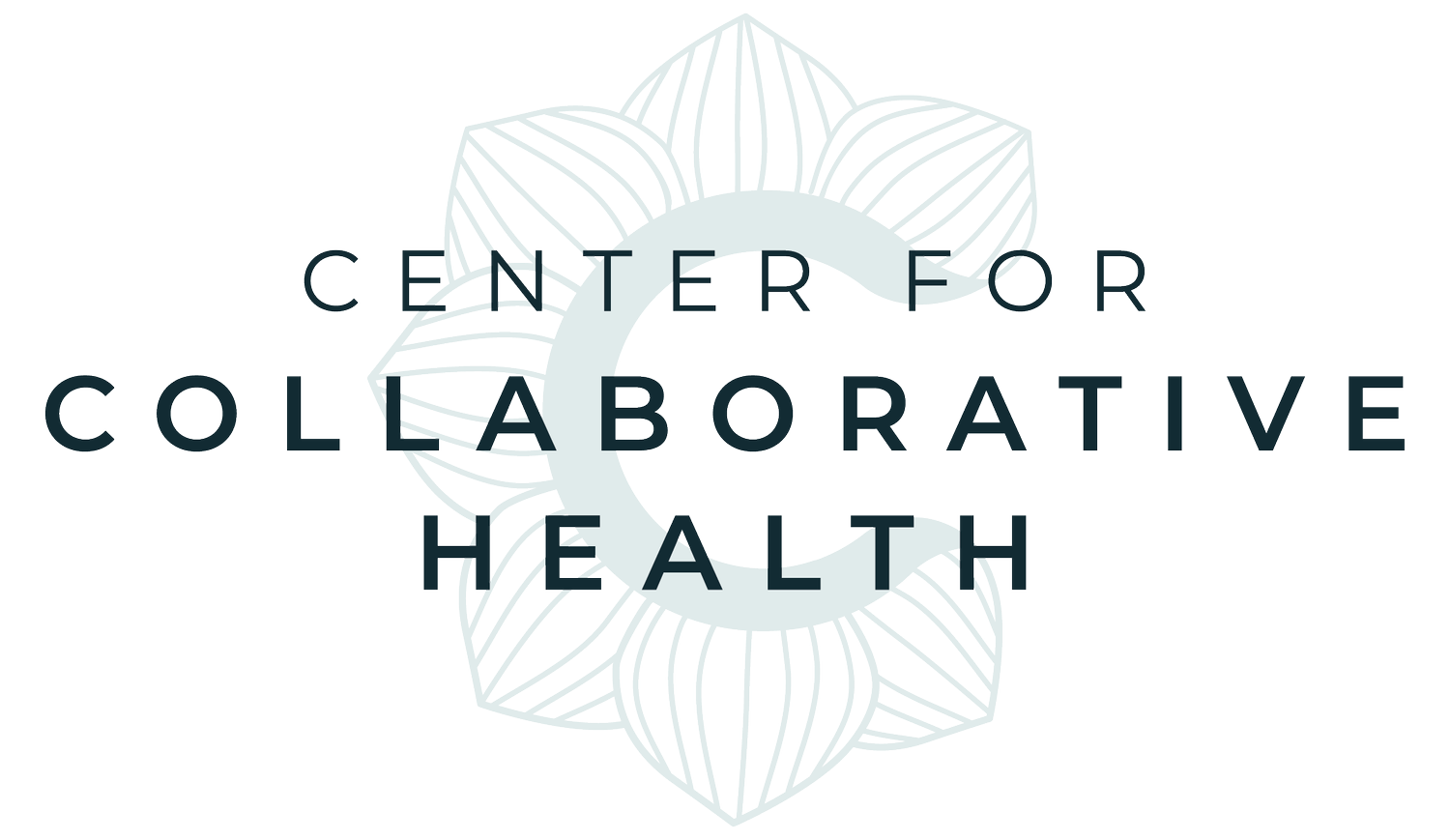Nutrition by Addition
By: Hallie Mann, MS, RDN, LRD
There is no shortage of food and nutrition discourse online and in the news. Often times, these conversations include recommendations to limit or avoid certain food items, ingredients, or entire food groups. There is no “one size fits all” approach to nutrition, and a successful eating plan will consider you as a whole person while it is created. Removing certain foods can end up doing more harm than good. Diet restrictions can be taxing on our relationship with food, increase disordered eating behaviors, and create nutrient deficiencies that negatively impact our health. Rather than approaching nutrition with a mindset of removing the “bad,” what if we considered adding in more variety?
The idea of nutrition by addition considers enhancing your diet by incorporating additional, nutrient-dense ingredients to your meals and snacks rather than taking restrictive measures. It allows for flexibility in eating while providing the many benefits of a varied diet. It also promotes a positive relationship with food because it limits feelings of food scarcity. Allowing an abundance of options provides you with more opportunities to nourish your body, connect with others, and find peace and harmony with food. All foods can fit into a balanced diet. Taking a sustainable approach to nutrition will help you reach your health goals while not feeling deprived of your favorite foods.
Increasing variety also increases the amount of nutrients in a meal. Different food groups provide our bodies with different nutrients, and various options within each group have different nutrients as well. It’s important to consider the ways you can increase variety at meals and snacks. Evaluate your meals with curiosity. Do you notice you frequently eat certain food groups? Are there any food groups you limit or avoid? Do you often reach for similar items in a food group and wish to try other options? Answering these questions will help you find opportunities to enhance your diet by adding food groups or items to your meals and snacks.
Keep in mind: food doesn’t have any moral value. Some foods are nutrient-dense and provide us with many physical health benefits. Some foods are delicious and create an opportunity to connect with others. Some foods fit both of those descriptions! It’s important to avoid categorizing foods as “healthy or unhealthy.” Food does much more for us than fuel us for life, and health extends far beyond your physical body.
You deserve to fully meet your nutrition needs. You deserve to find peace and joy while nourishing yourself. Your relationship with food and nutrition is a lifelong journey. There is no short-term fix that will help you to achieve your goals, and sustainable change begins with a single step.

